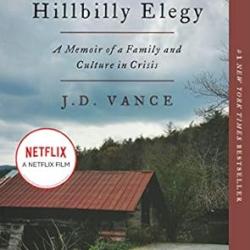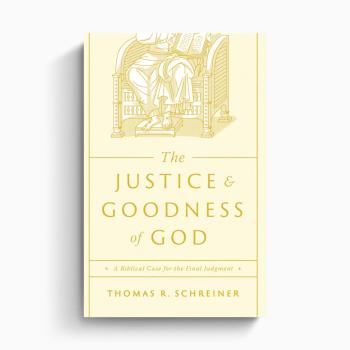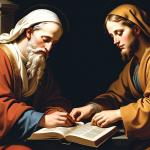This post is part of a series walking through the third volume of Abraham Kuyper’s Common Grace
In yet another chapter on church and state (and yes, there are many, many more to go), Kuyper argues that when we speak of “Christian tradesmen” we mean either that we mean a specific one that we have in mind and that we know personally, or we mean to comment on the character of someone. What we do not mean is that they are inherently more skilled as tradesmen, their faith is “entirely apart from his occupation.” (165-166) What they learn they do in fact learn from God, but by means of His common grace.
But why do we seem to use “Christian statesmen” differently, when it seems parallel as an occupation to the trades? In order to answer that we must go back to the idea of a “Christian state.” Kuyper divides the states of the world into three categories: pagan, Muslim, and Christian. Within Christian states, there are Roman Catholic and Protestant. And within the Protestant states there are Lutheran, and non-Lutheran.
So what is a “Christian” state? In one sense it’s a contrast with Judaism, and then (historically) with paganism, and then with Islam. The Reformation created a contrast within Christian states (and of course here we’re largely ignoring the Eastern Orthodox world). The new contrast is with modern philosophy and “an entirely de-Christianized life.” (168-169) So the “Christian state” is now a culture/movement in contrast with the dominant atheist one. Hence Roman Catholics, Eastern Orthodox, and Protestants often work together under the “Christian-historical” title–though some want to divide this alliance. (169; “Christian-Historical” was the name of Kuyper’s political movement in the Netherlands)
The “Christianization” of Europe was superficial, often just replacing “pagan” with “Christian” in name only. This meant fundamentally pagan assumptions were the substructure of a system which granted official preference and privileges to Christianity. Those who saw this and wanted to re-do the substructure in line with the Gospel are “Christian statesmen.” (170)
Dr. Coyle Neal is co-host of the City of Man Podcast an Amazon Associate (which is linked in this blog), and an Associate Professor of Political Science at Southwest Baptist University in Bolivar, MO













